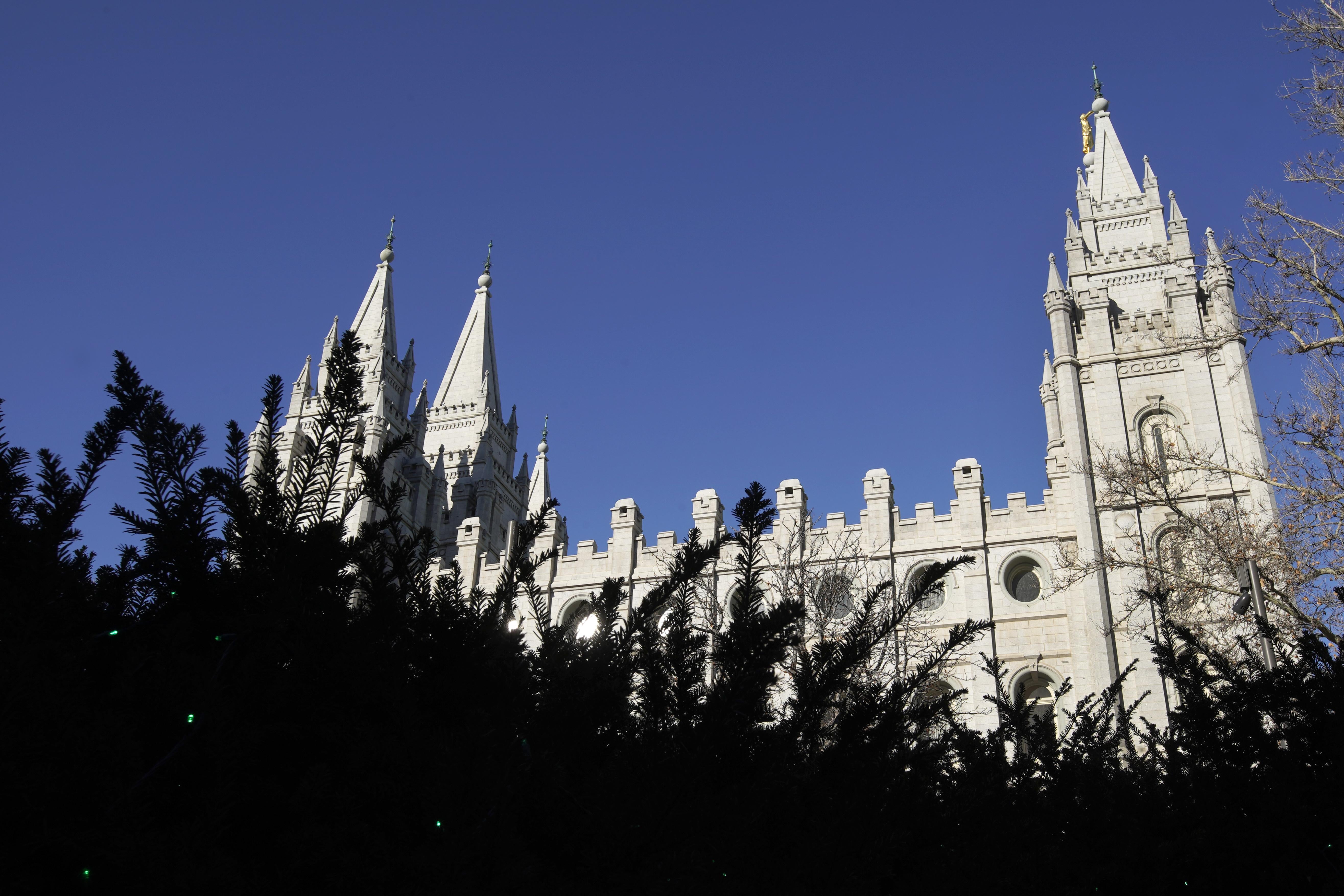James Huntsman, the brother of former ambassador, presidential candidate, and Utah Gov. Jon Huntsman and a member of a wealthy and influential family, filed a federal lawsuit against the Church of Jesus Christ of Latter-day Saints on Tuesday. He alleged that the church, widely known as the Mormon church, had defrauded him of millions of dollars in donations by misleading him into thinking his money would be spent on charitable causes. Why is a member of one of Utah’s most prominent families accusing the church of fraud?
It has to do with the idea of “tithes” and the ways a giant institution like the Mormon church handles its wealth.
Mormons, as they were formerly known (they are “Latter-day Saints,” under a new directive from church president Russell M. Nelson), are some of the most generous people in the country. According to a 2020 study, Utah led the nation in the percentage of people who donate money and the percentage of income that people donate. This is in large part because the church encourages its members to give 10 percent of their income in tithes.
Tithes are a fairly common concept among religious institutions; the Mormon church just seems better at encouraging its members to pay their share, and better at keeping track. Around the end of the year, church members are meant to declare to the church whether they are tithe-paying or only a partial or nonpayer. Those who aren’t tithe payers are not given access to the temples, where the more secretive and sacred religious events happen. The money from the tithes, the faithful are told, goes to the church’s operating costs, as well as missionary work, charity, educational institutions, and the building of temples.
In 2019, the Washington Post (which also was the first to report on the lawsuit) reported that the church had not spent as much on these religious causes as many members assumed: $100 billion was sitting, unused, in accounts marked for charitable aims.
Many of the faithful were disturbed to hear that the church had amassed such wealth from donations, sometimes from people who gave despite experiencing personal financial discomfort. Others were upset by the secretive nature of the church’s finances and felt betrayed by the sense they were misled. (Religious institutions do not have to report their income and assets, as other nonprofits do.) Still others wondered if the church was in violation of federal tax laws.
The church’s nonprofit investment division’s president justified the stockpiling of such a vast fortune by arguing that they would be used “in the event of the second coming of Christ,” according to a complaint reported on by the Post. Sen. Mitt Romney at the time quipped that he was “happy” that the church had saved money “for a rainy decade.”
Huntsman’s lawsuit, however, has to do with more than just the big chunk of change: According to the Post’s 2019 report, the church was accused of using some of its tax-exempt donations improperly in support of a church-run insurance company and a shopping mall jointly run by the church and a real estate company. Huntsman’s lawsuit refers back to that report, accusing the church of lying about the use of his donations and “secretly lin[ing] its own pockets by using the funds to develop a multibillion-dollar commercial real estate and insurance empire that had nothing to do with charity.” (The church has said that no tithing funds were used to buy or develop the mall property or to help with the insurance company.)
The suit seeks to have the church return Huntsman’s donations. But it also, likely, comes as a statement. As with many religious institutions in the U.S., the Church of Jesus Christ of Latter-day Saints is losing actively engaged young people; some of those young people, the church knows, are being pushed away by the conservative culture and the church’s handling of LGBTQ issues. Huntsman, the 50-year-old owner of a film distribution firm in Southern California, said he hoped to give his refunded donations to “organizations and communities whose members have been marginalized by the Church’s teachings and doctrines, including by donating to charities supporting LGBTQ, African-American, and women’s rights.”
Concerns about secrecy and trust predate the Post report on the church’s finances. In December, the church was slapped with several lawsuits accusing it of covering up decades of sexual abuse among Boy Scout troops. (The church historically has had a close connection to the Boy Scouts; it cut ties in 2018 after the Scouts announced they would allow girls to participate.)
Many ex-Mormons, as they call themselves, include the vastness of the church’s wealth when discussing their reasons for leaving. To such critics, the institution fell victim to greed and then lied for years to its members.
The church is a major player when it comes to national and international charity. Just recently, it announced it was donating $20 million to UNICEF’s global mass vaccination efforts. And there’s no evidence that church leaders are living lives of extravagant luxury. Instead, it seems, many Mormons feel betrayed by the idea of a church that kept its adherents financially accountable, but was unwilling to do the same for itself.

